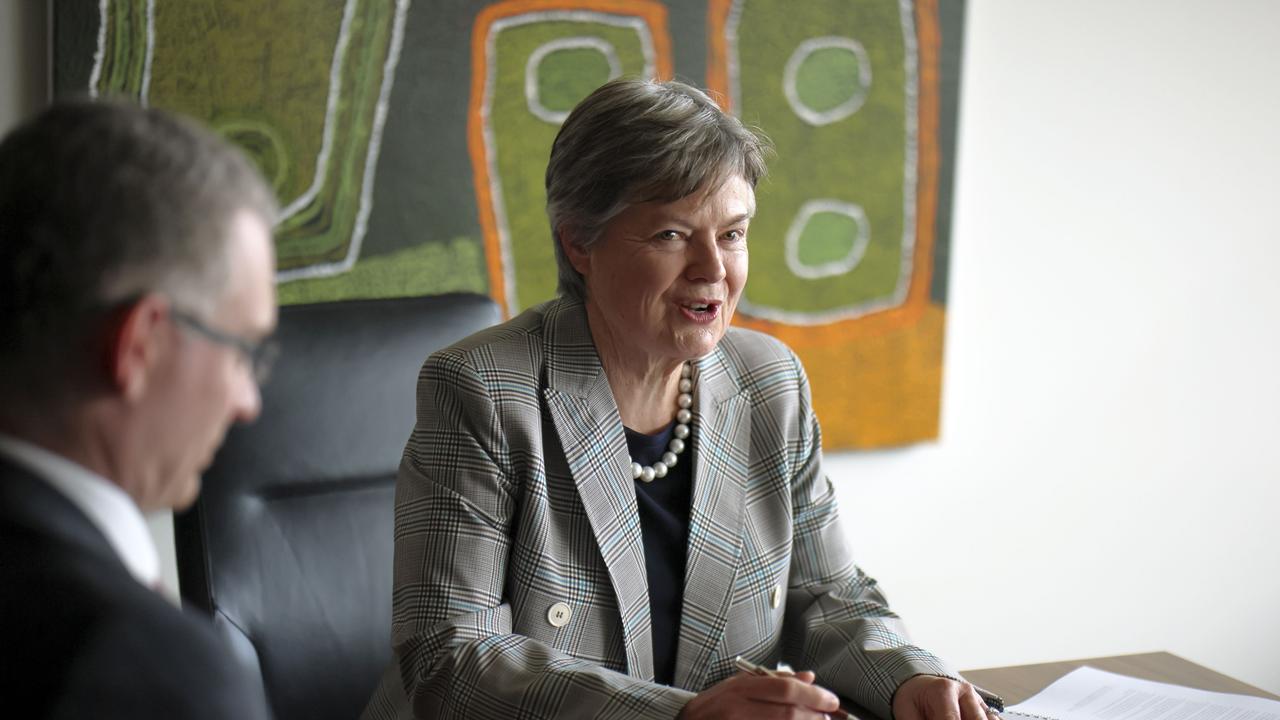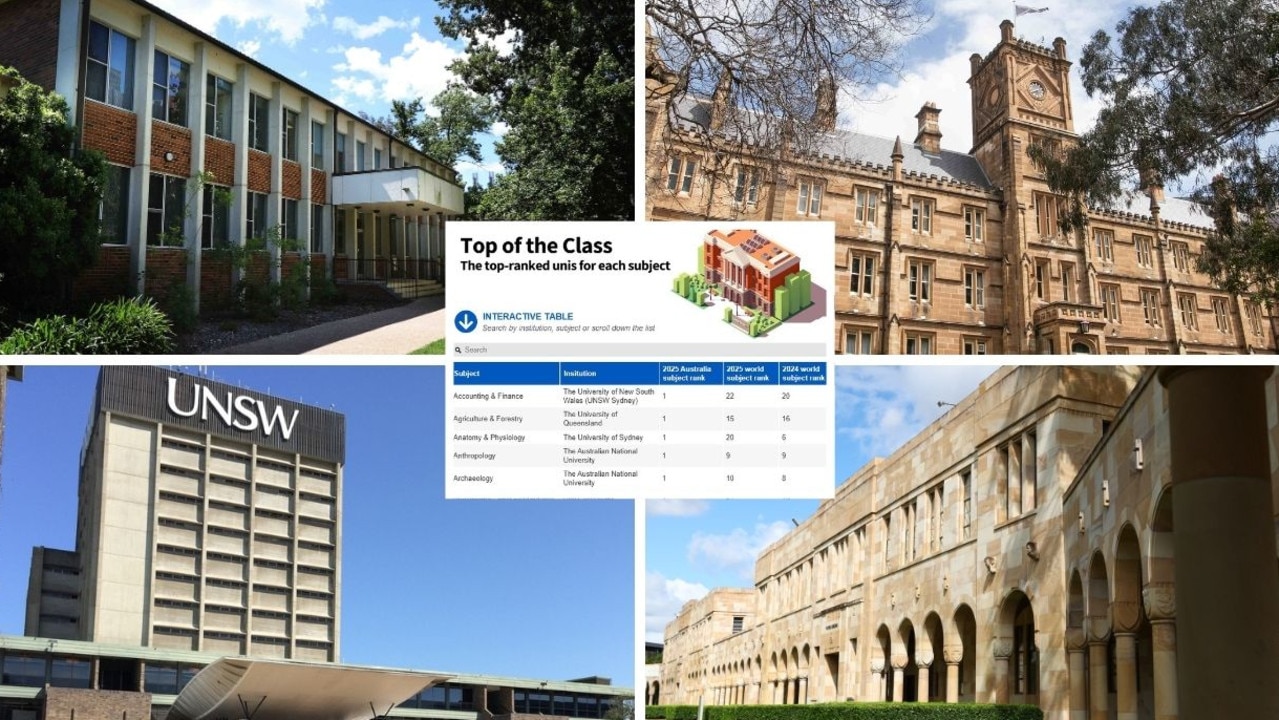University students cheating by using artificial intelligence on assignments are getting away with it, ICAC survey finds
University students using AI to cheat are getting away with it, a survey has shown. Find out how.
University students are getting away with using artificial ntelligence programs to cheat on assignments because it is too hard to crack down on the use of such technology, an ICAC survey shows.
Independent Commissioner Against Corruption Ann Vanstone KC on Tuesday published the results of her University Integrity Survey 2023, showing that respondents reported an increase in incidents of students using AI technology to complete assignments without consequence.
While a student breaching academic integrity rules is not considered corruption, a university staff member not taking action on such breaches could amount to corrupt conduct, the report states.

“Many respondents perceived that academic standards are dropping; students are able to cheat and plagiarise without consequences; and reports of breaches of academic integrity are deterred,” the report read.
The report warned a “failure of academic staff to respond to students misusing artificial intelligence technologies” was an emerging risk.
“I have reported academic integrity cases and been told that they will not be investigated because we cannot prove AI use,” one respondent wrote.
Respondents also said the high level of evidence required to prove breach of academic integrity deterred staff members from reporting incidences, “especially for matters involving students’ use of artificial intelligence”.
“It is so onerous to report breaches of academic integrity and with insufficient time, resources and support for staff, cases go unreported,” they said.
Another respondent said they had “almost given up pursuing cases because the onus and a heavy one at that, is thrown back on academics to establish what are almost criminal levels of cheating, which is nigh impossible”.
“Now with the sudden and dramatic rise of forms of AI, the problem is even worse,” they wrote.
Another person wrote that the workload associated with reporting academic integrity issues in coursework assignments was so significant that they “suspect some academics don’t always action proper process because it is just too hard/burdensome”.
The report also discussed the prevalence of fraudulent authorship within universities.
It stated respondents believed the pressure to publish research has “resulted in researchers fraudulently claiming authorship, and not crediting others with authorship to which they were entitled”.
“The bigger issue is that research funding and publications across the sector is built entirely on lies and deception,” one person said.
“Research outputs define one’s careers, so researchers will do whatever they can to secure grants and papers.”
Another respondent said: “Unwarranted authorship on papers is a widespread issue in universities”.
“It is clearly evident in both junior and senior CVs with unrealistic publication frequencies, yet is rewarded in funding allocations,” they wrote.
Commissioner Vanstone said the commission used integrity surveys to understand public officers’ perception and experiences of potential corruption and improper conduct in their workplace.
“I encourage universities to continue to invest in protecting the integrity of their activities,” she said.
“This is especially important at a time when the merger of the University of Adelaide and the University of South Australia will produce Australia’s largest high education institute.
“Staff must be empowered to report any suspicions of wrongdoing.”
A University of South Australia spokesperson said the institution used “good assessment design principles that ensure students demonstrate authentic learning”.

“We provide staff with the support to review, design and assess work in the context of our modern world, and the opportunities and challenges posed by AI,” they said.
Flinders University Vice-Chancellor Professor Colin Stirling said the university would “carefully analyse the report’s findings to identify opportunities for improvement and to mitigate any potential risk of inappropriate conduct”.
It is understood Flinders University has not seen evidence of AI generated cheating to date.
An Adelaide University spokesperson said their uni would also examine the findings of the survey over the coming months.
“We will also work with our colleagues at the University of South Australia to ensure the report’s findings inform our approach as we build the new Adelaide University,” they said.






